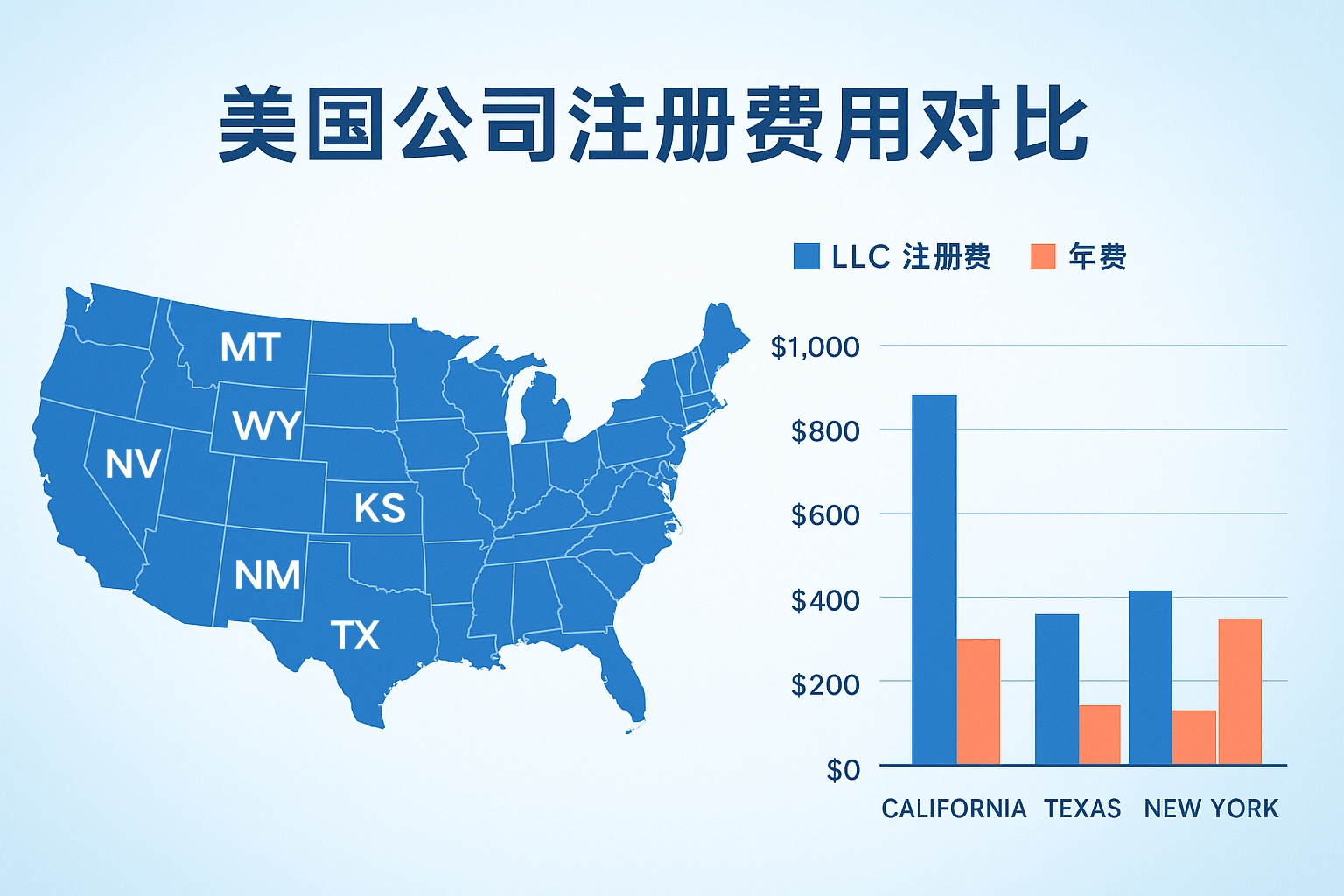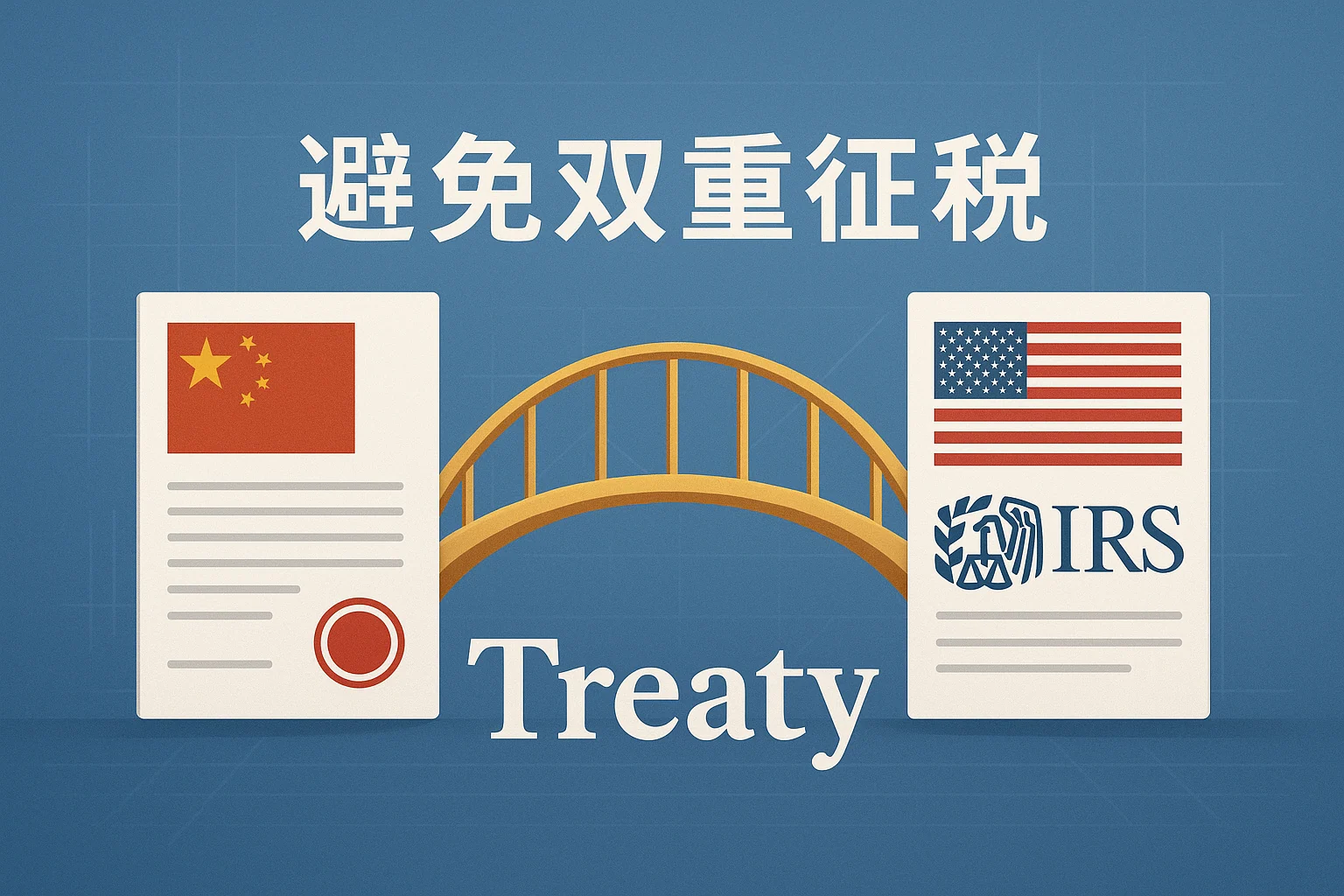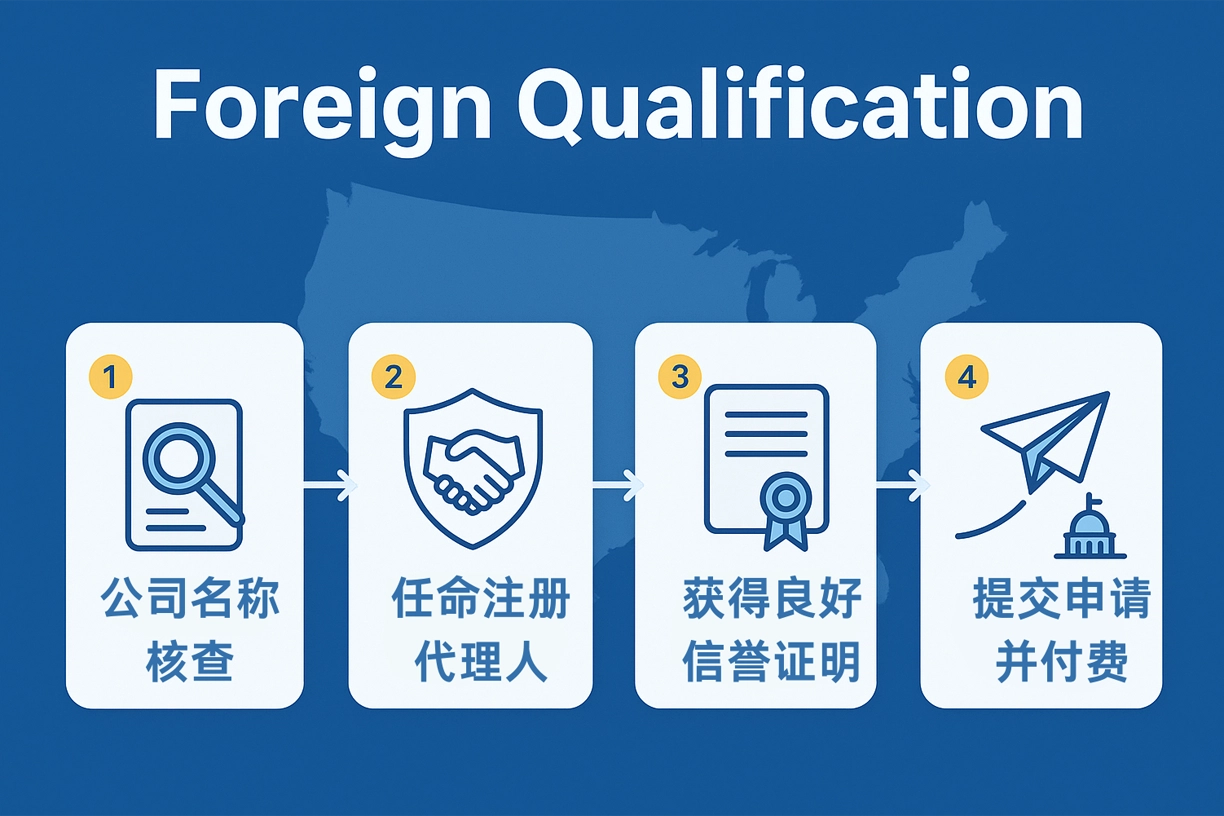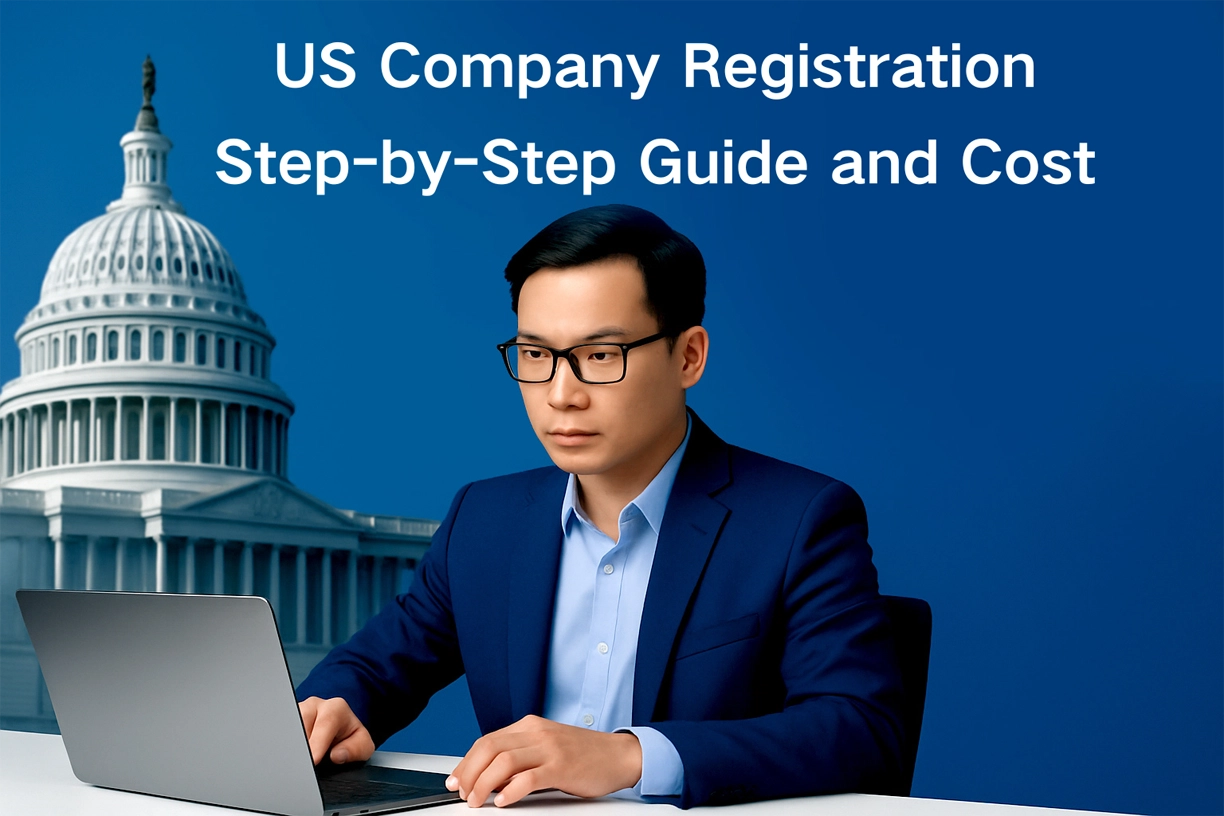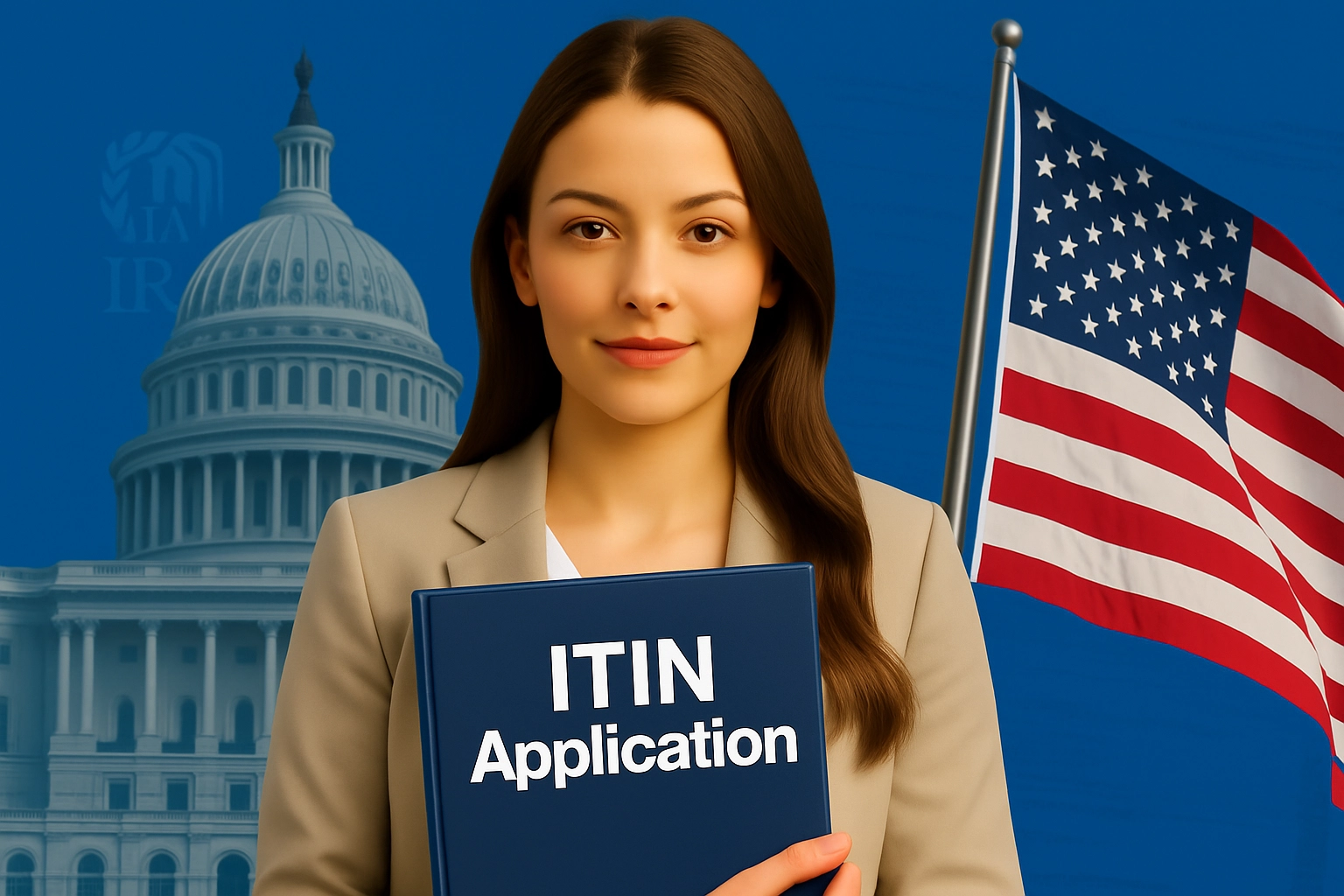For many entrepreneurs, registering a company in the US is a key step toward launching a new business chapter and entering the global market. However, one of the most practical and confusing questions is: How much startup capital is actually needed? The answer varies greatly,it depends on which state you choose to register in. Each
Many overseas Chinese who live, work, or invest in the United States often face a challenging problem: the same income may be taxed both in China and in the US,a situation known as double taxation. Without understanding the relevant tax policies, individuals may not only face higher financial burdens but also risk IRS penalties due
When you register a US company, you typically incorporate in one state. As your business grows, you may want to expand into other states. This is where interstate business operations come into play. A common question arises: Do I need to register a new company in another state?Legally, this process is called Foreign Qualification. If
Registering a US company in 2025 is undoubtedly one of the top choices for entrepreneurs and business owners looking to expand overseas. The US market, with its massive consumer base, mature capital markets, flexible tax system, relatively simple company registration process, low maintenance costs, strong intellectual property protection, and transparent legal framework, continues to attract
Recently, we have met quite a few applicants who tried to apply for an ITIN application on their own but were rejected multiple times. Many eventually reached out to our IRS authorized CAA (Certifying Acceptance Agent) for help. Some clients were even rejected three times, wasting almost 9 months in the process. This is extremely
Every year, over 30% of Chinese business owners get into trouble due to confusing US company annual report with US company tax filing, resulting in company dissolution, frozen cross-border e-commerce accounts,or fines. This article will break down the essential differences in plain language, helping you maintain compliance in your cross-border business. US Company Annual Report
When you plan to register a US company, one of the first and most confusing questions for many cross-border e-commerce entrepreneurs is: LLC or C Corp or S Corp? Choosing the wrong structure can lead to higher tax burdens and even affect your future compliance operations. Many business owners only discover during tax season that
Step 1: Choose the type of US company to registerThe most common types of US companies for Chinese nationals are LLC and C Corporation (C Corp). An LLC is a Limited Liability Company,while a C Corp is a stock corporation. LLC company names usually end with LLC, whereas C Corp companies typically end with Inc,Corporation,Incorporated
When registering a US company, choosing the right state is key. The right choice can significantly reduce annual maintenance costs and save on various state taxes. Selecting a state with the most favorable tax structure,rather than blindly following trends,means you start your business ahead from day one. Among the 50 states, Colorado, Delaware, and California
The annual US individual tax filing season can be a daunting experience for many, whether you are a newcomer to the United States or a long-term resident.Navigating the complex tax regulations, various IRS forms, and understanding how to determine your tax filing status can be confusing. Which incomes need to be reported? What deductions can
In the United States, whether you are filing taxes, working, starting a business, investing, or building a personal credit history, a Tax Identification Number (TIN) is an essential identity marker. Just like national ID, tax ID,and business registration codes in China, in the US each type of tax ID serves different purposes and applies to
In recent years, more and more entrepreneurs, cross-border e-commerce sellers, and freelancers have chosen to register a US company. With its flexible tax policies, straightforward registration process, and relatively low maintenance costs, the United States has long ranked as one of the most popular countries for overseas company registration. So,how to register a company in
In today’s fast-evolving world of cross-border e-commerce,TikTok Shop has quickly become the platform of choice for brands looking to expand globally.With its massive user base and powerful content-driven conversion capabilities,TikTok offers sellers an unparalleled opportunity to build brand presence and tap into the North American market. Many entrepreneurs choose online company registration in the USA
When it comes to global business destinations,the United States remains the gold standard. Entrepreneurs and investors across the world choose US company registration for its unmatched benefits in credibility, legal protections, and business scalability. Whether you’re a digital nomad, Amazon seller,or a cross-border e-commerce business, understanding the advantages of US LLC registration is crucial for
Starting a US company as a non-resident opens the door to the world’s most powerful economy. Whether you’re launching a tech startup,an e-commerce brand, or a service business, the United States offers global entrepreneurs unmatched legal protection, financial infrastructure, and market access. In this article,we’ll guide you step by step on how to register a
Applying for an Individual Taxpayer Identification Number (ITIN) is a crucial step for non-residents who need to comply with U.S. tax laws but are not eligible for a Social Security Number (SSN). Whether you are a non-resident alien, foreign spouse, or dependent, obtaining an ITIN allows you to file taxes, open bank accounts, or fulfill
If you’re planning to start a business in the U.S. and are considering registering a company, you’re likely wondering about the registration process and the associated costs. While the procedure is generally straightforward, the U.S. company registration fees can vary depending on the state in which you choose to incorporate. In this blog post, we’ll
For many entrepreneurs, registering a company in the US is a key step toward launching a new business chapter and entering the global market. However, one of the most practical and confusing questions is: How much startup capital is actually needed? The answer varies greatly,it depends on which state you choose to register in. Each
Many overseas Chinese who live, work, or invest in the United States often face a challenging problem: the same income may be taxed both in China and in the US,a situation known as double taxation. Without understanding the relevant tax policies, individuals may not only face higher financial burdens but also risk IRS penalties due
When you register a US company, you typically incorporate in one state. As your business grows, you may want to expand into other states. This is where interstate business operations come into play. A common question arises: Do I need to register a new company in another state?Legally, this process is called Foreign Qualification. If
13th
13th
Oct, 2025
Many overseas Chinese who live, work, or invest in the United States often face a challenging problem: the same income may be taxed both in China and in the US,a situation known as double taxation. Without understanding the relevant tax policies, individuals may not only face higher financial burdens but also risk IRS penalties due
28th
28th
Sep, 2025
When you register a US company, you typically incorporate in one state. As your business grows, you may want to expand into other states. This is where interstate business operations come into play. A common question arises: Do I need to register a new company in another state?Legally, this process is called Foreign Qualification. If
18th
18th
Sep, 2025
Registering a US company in 2025 is undoubtedly one of the top choices for entrepreneurs and business owners looking to expand overseas. The US market, with its massive consumer base, mature capital markets, flexible tax system, relatively simple company registration process, low maintenance costs, strong intellectual property protection, and transparent legal framework, continues to attract
15th
15th
Sep, 2025
Recently, we have met quite a few applicants who tried to apply for an ITIN application on their own but were rejected multiple times. Many eventually reached out to our IRS authorized CAA (Certifying Acceptance Agent) for help. Some clients were even rejected three times, wasting almost 9 months in the process. This is extremely

